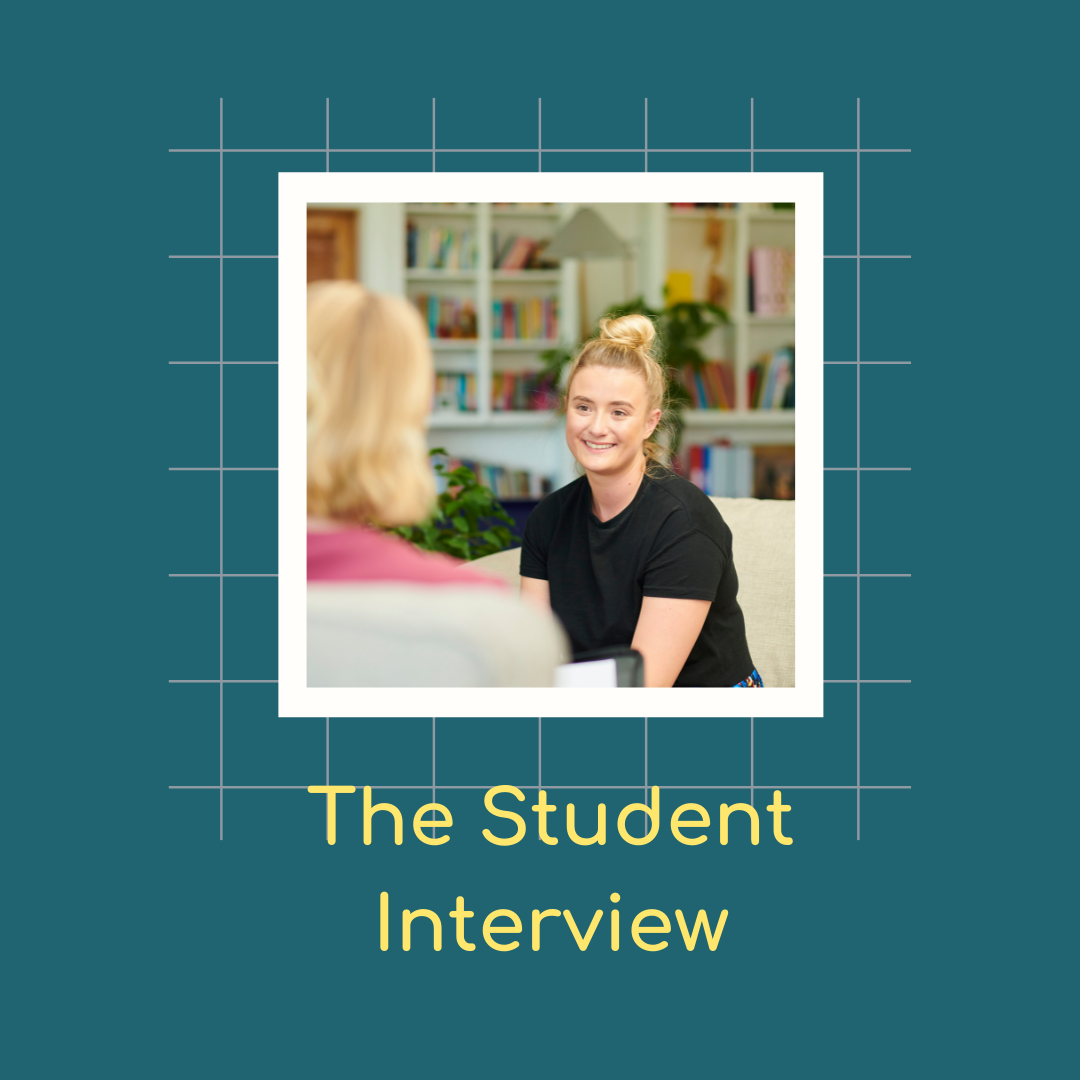There's no disputing it: time flies! And now that May is closing in, the last day of school will be here in the blink of an eye. With all the art shows, dance recitals, graduations, award ceremonies, field trips, team banquets, and recognition dinners, the final weeks of the school year can be a whirlwind. To help you stay an top of the craziness of it all, we’ve put together our top tips. Check it out…There’s something for everyone whether big or small!
What you can do At school…
1. Avoid ‘springitis’: Make sure your child puts in maximum effort right up to the last minute to ensure a strong end to the academic year. Consistency and accountability are crucial, so make sure they maintain their routine and stay on top of year-end projects, assignments, and finals.
2. Consider teacher options: If you think your child would react more favorably to a specific teacher’s personality and teaching style next year, now is the time to submit a request to the Division Head or Head of School. These discussions take place in early summer, so get to it!
3. Discuss class placement: Similarly, if you believe your child's classroom experience is being negatively impacted by a classmate or your child is too socially reliant on a friend, talk to their teacher and ask them to be placed in separate homerooms next year. Every child deserves the chance to grow into their own space at their own pace.
4. Crunch standardized test scores: And lastly, if you need guidance to decipher your child's recent standardized test scores and how they impact class placement, eligibility to advanced classes, or basic skills programs, contact your child's counselor, advisor, or teacher. They will help you make sense of the complicated percentile, stanine, and composite score data on the report.
What you can do At home…
1. Help your high schooler find a summer job: Encourage your teen (assuming they’re old enough) to research summer employment or volunteering opportunities. Work experience is an excellent way to stay active over the long summer months and also teaches high schoolers the power of earning pocket money and helping others. And on another note: although the college application process might be a few years into your child's future, be aware that colleges prefer to see seasonal jobs listed in the Student Activity Log section of the Common App!
2. Sign your rising senior up for essay support: Summer is the ideal time for your child to work on the Common App essay before the demanding workload of senior year begins. Check out our recent blog, It's College Essay Season: Let's Get It Done!, for more info.
3. Show gratitude: There are most likely some staff members who made a positive impact on your child this year. Whoever they may be (a homeroom teacher, someone in the Main Office, the Head of School, or a member of the custodial staff), take time to thank them for their hard work and dedication personally. It may be a small gesture, but trust us, it goes a long way.
4. Return & pick up ‘stuff’: Remember to trawl through closets and bedrooms at home and drop off IT equipment, library books, school supplies, or general classroom items on loan during the school year. Similarly, don't forget to pick up your child's yearbook, awards, art projects, etc., from the classroom before the last day of school.
5. Donate gently worn items: As the year winds down, this is the perfect opportunity to give your child's closet a once-over to determine what gently used uniforms and clothes to keep, donate, or toss. We promise you'll feel satisfied - not to mention lighter!
KQ: The Voice of Gentle Guidance & Reason
If you are looking for an educational consultant to advise you on any aspect of your child’s educational journey, email or call us. We’re always here to help...
Happy (almost) summer!

















